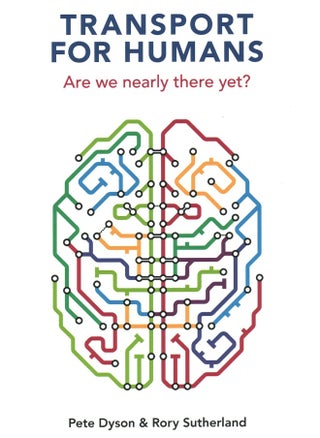| Book Description | Engineers plan transport systems, people use them. But the ways in which an engineer measures success - speed, journey time, efficiency - are often not the way that passengers think about a good trip. We are not cargo. We choose how and when to travel, influenced not only by speed and time but by habit, status, comfort, variety - and many other factors that engineering equations don't capture at all. As we near the practical, physical limits of speed, capacity and punctuality, the greatest hope for a brighter future lies in adapting transport to more human wants and needs. Behavioural science has immense potential to improve the design of roads, railways, planes and pavements - as well as the ways in which we use them - but only when we embrace the messier reality of transport for humans. This is the moment. Climate change, the coronavirus pandemic and changing work-life priorities have shaken up long-held assumptions. There is a new way forward. This book maps out how to design transport for humans. |
Free & Easy Returns
Best Deals



